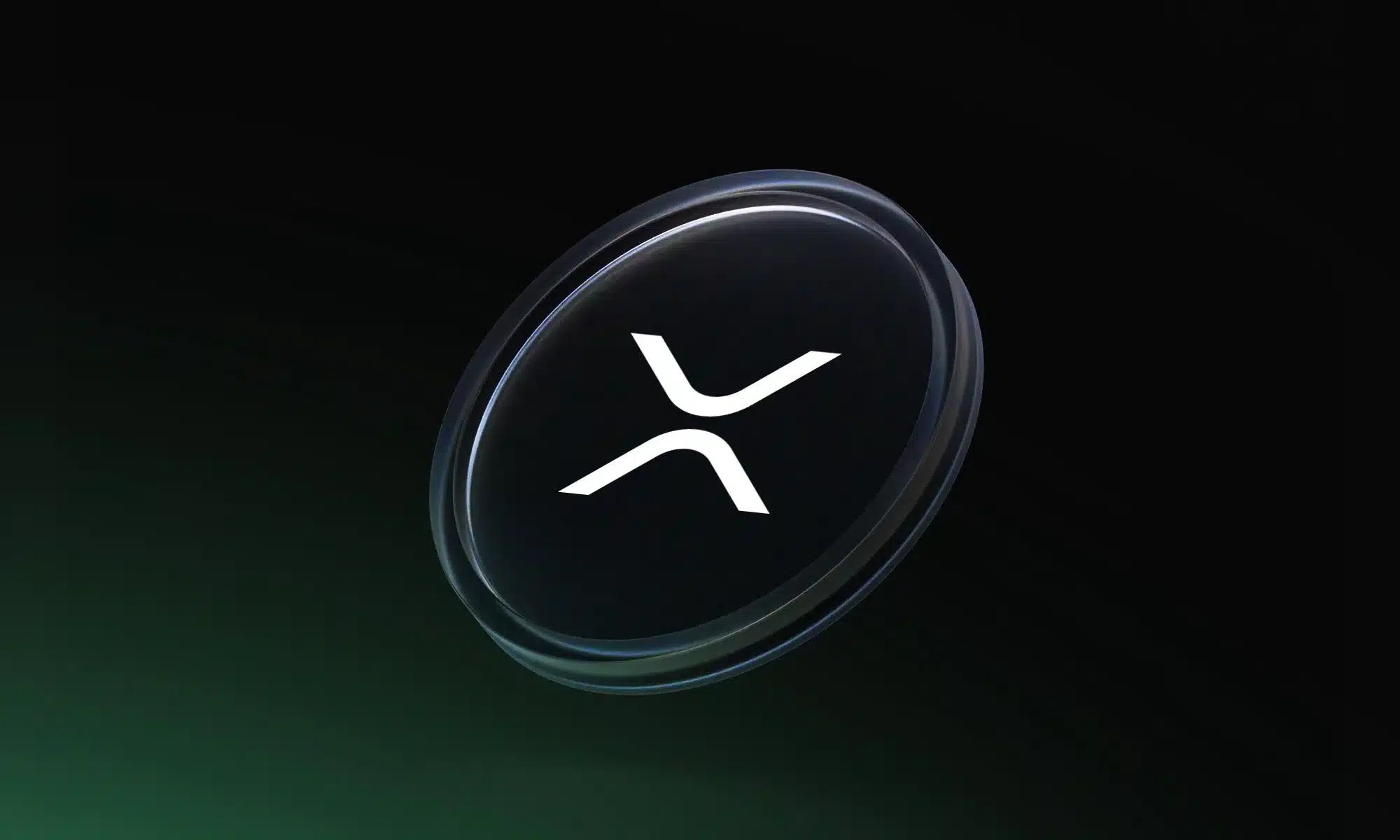Pro-XRP Lawyer Rebuts Justin Bons, Citing SEC Filings That Confirm XRP’s Decentralization
0
0

- Bill Morgan counters Justin Bons, defending XRP’s decentralized network claims.
- Grayscale and Bitwise filings describe XRP as a decentralized ledger.
- Institutional ETF applications strengthen confidence in XRP’s decentralized structure.
The ongoing debate over XRP’s status has taken a new turn after Cyber Capital founder and CEO Justin Bons claimed the cryptocurrency is centralized and permissioned. According to Bons, the XRP Ledger operates more like a controlled system rather than a permissionless blockchain.
In response, pro-crypto lawyer Bill Morgan dismissed these claims and pointed to official filings submitted to the U.S. Securities and Exchange Commission (SEC). Morgan emphasized that multiple asset management giants, including Grayscale, Bitwise, and Franklin Templeton, recently described XRP and its underlying ledger as decentralized in their ETF applications.
Also Read: OneKey Confirms Its Wallets Are Unaffected by Milk Sad Vulnerability
Institutional Filings Back XRP’s Decentralized Framework
Grayscale’s latest filing explained that XRP functions through the operations of a peer-to-peer network of computers that use cryptographic protocols, describing it as decentralized. Similarly, Bitwise identified the XRP Ledger as a public, shared ledger that processes and settles transactions like the Bitcoin network.
Franklin Templeton echoed the same position in its submission, noting that the XRP Ledger enables open peer-to-peer transactions without central authority. Morgan highlighted these consistent descriptions as strong evidence that XRP’s structure does not fit the centralized model portrayed by Bons.
He further argued that Bons is repeating outdated narratives that once fueled misinformation about XRP’s framework. With Ripple’s legal battle against the SEC now resolved, Morgan maintained that XRP’s decentralized identity has gained more institutional clarity.
Institutional Confidence Strengthens XRP’s Standing
The latest wave of ETF filings has boosted optimism among XRP supporters. Moreover, the recognition of XRP as a decentralized network by established firms signals growing institutional confidence in its design.
Consequently, many market observers believe these developments could help reinforce XRP’s regulatory standing and attract new investors. While Bons continues to challenge XRP’s structure, Morgan’s defense backed by SEC filings positions XRP as a decentralized and transparent digital asset within the broader crypto ecosystem.
Also Read: France Intensifies Crypto Oversight as ACPR Targets Binance and Coinhouse in AML Inspections
The post Pro-XRP Lawyer Rebuts Justin Bons, Citing SEC Filings That Confirm XRP’s Decentralization appeared first on 36Crypto.
0
0
 Manage all your crypto, NFT and DeFi from one place
Manage all your crypto, NFT and DeFi from one placeSecurely connect the portfolio you’re using to start.







